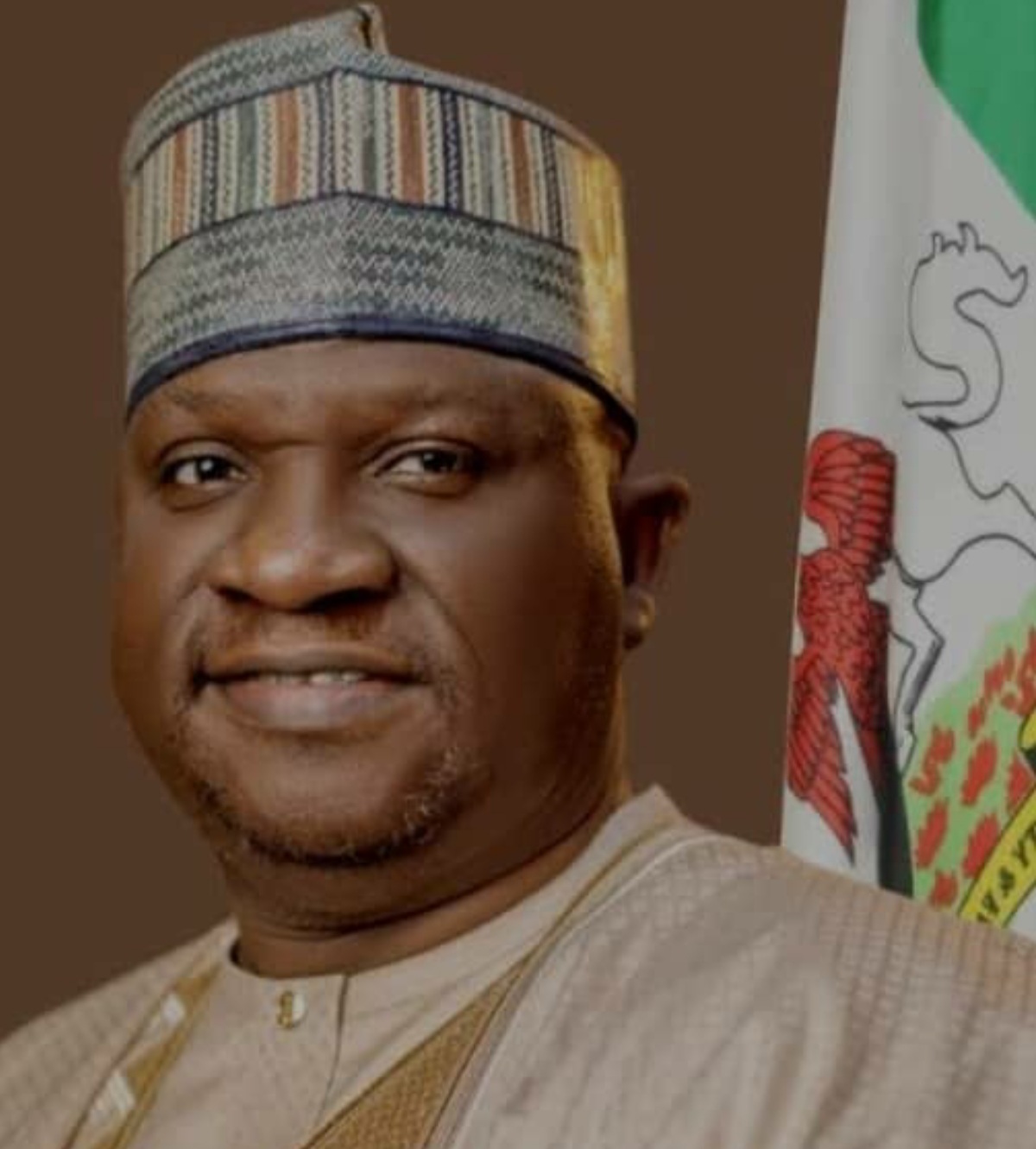By Lucy Ogalue
The Industrial Training Fund (ITF) has secured approval from the City & Guilds of London, United Kingdom(UK), to operate as a certified examination centre.
The Director-General of ITF, Dr Afiz Ogun, in a statement on Monday said this marked a significant milestone in ITF’s efforts to equip Nigerian artisans with internationally recognised qualifications.
Ogun said the development placed the ITF among six centres nationwide accredited by the global skills certification body.
According to the ITF, the approval, signed by the Chief Executive Officer of City & Guilds, Kirstie Donnelly, authorises the Fund to conduct examinations in a range of disciplines.
Ogun said: ” this includes Level 2 Diploma in Engineering in Electrical and Electronics Technology and Maintenance Technology.
“Level 2 Diploma in Housekeeping Services, Food Preparation and Culinary Art, Foundation Certificate in Basic Electronic Engineering and Basic Plumbing.
“Others include Level 2 in ICT Systems and Principles, Level 3 ICT Systems and Principles, Level 2 Diploma in Bricklaying, Level 2 IVQ in IT Systems Support and Level 3 IVQ Advanced Diploma in IT Systems Support.
The ITF director-general described the approval as a major boost for Nigerian artisans, saying that it will open doors to employment opportunities globally and help tackle poverty and unemployment in the country.
“This aligns with our mission to set and evaluate training standards, and to provide human capital interventions in line with global best practices.
” It is also crucial for the Skill-Up Artisans (SUPA) programme, which trains, retrains, certifies and licenses Nigerian artisans to international standards,” Ogun said.
He added that beyond City & Guilds, the ITF was engaging with other international certification bodies, including Alberk QA, to expand certification opportunities for Nigerian skilled workers.
Ogun said that the Fund was in discussions with several embassies and foreign missions to identify their artisanal needs, with a view to incorporating them into the SUPA programme.
He said this would also position Nigeria as a major exporter of skilled manpower, alongside countries like India, China and Indonesia.
